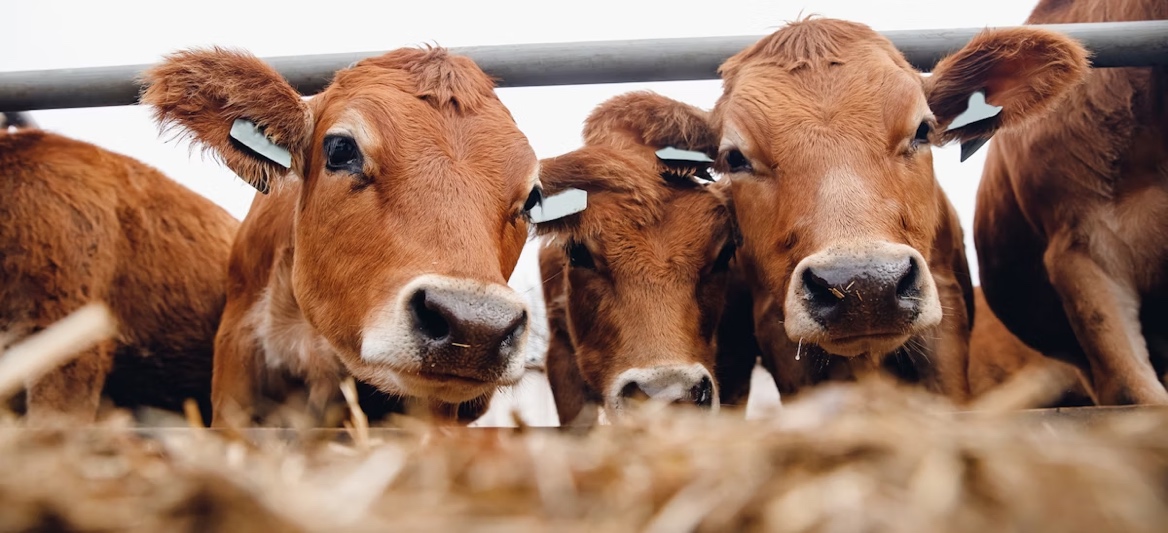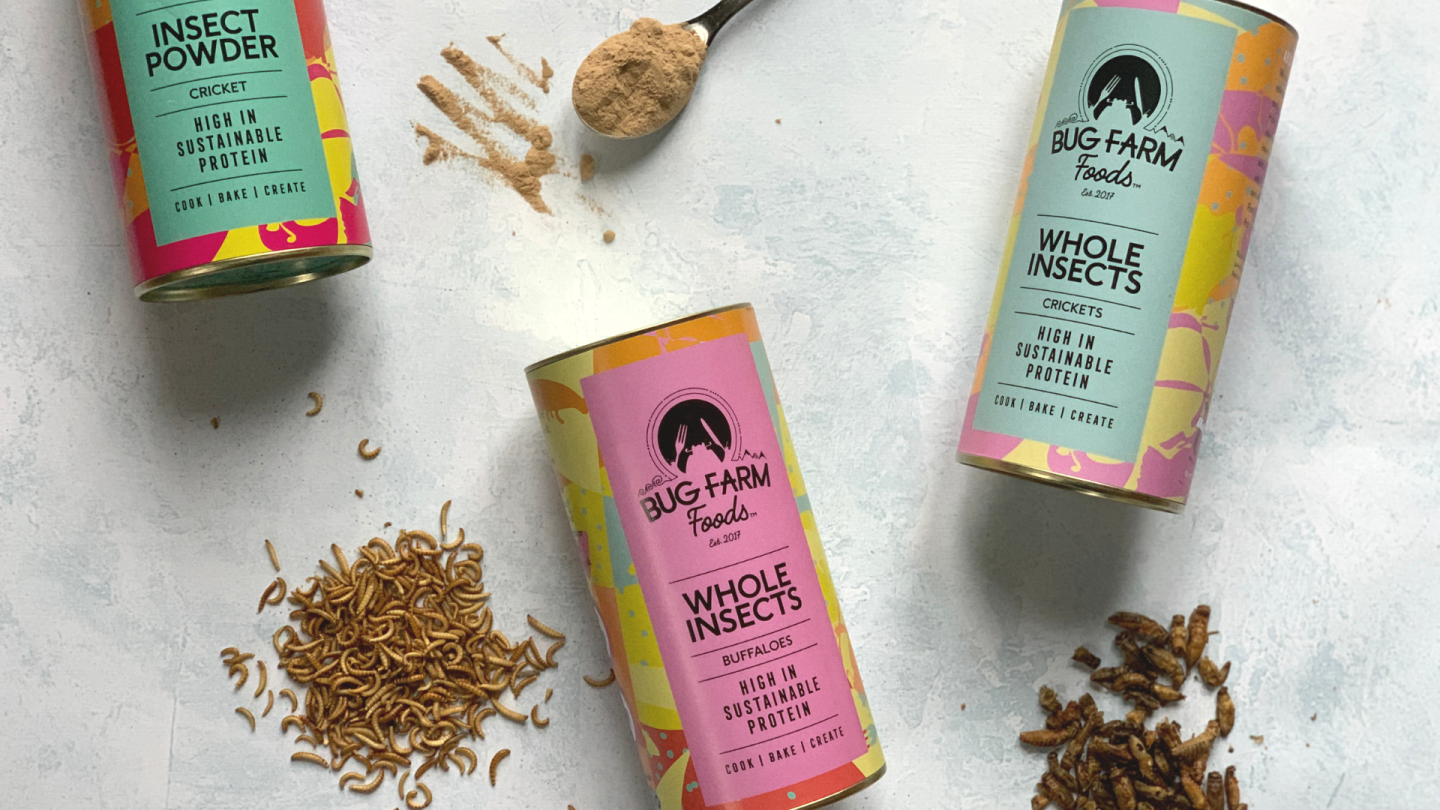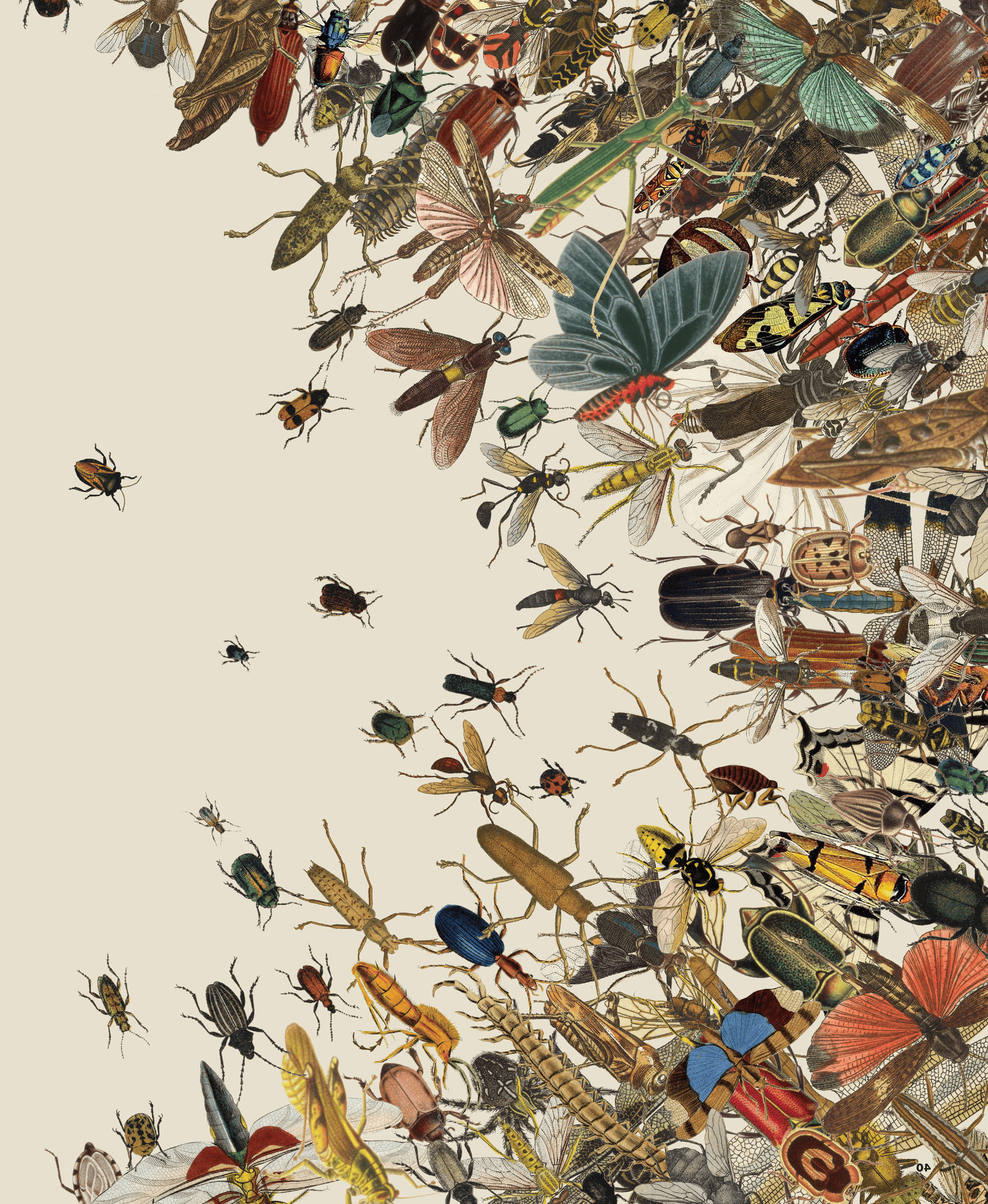
Livestock plays a substantial role in the greenhouse gas emissions produced by agricultural land use. The BBC reports that ‘almost a quarter of global greenhouse gas emissions’ are linked to agriculture. Climate advisers suggest that reducing meat consumption could be a key step in lowering emissions and protecting the planet. But could we take one more step to saving the planet by switching to alternative sources of protein? Could incorporating insects into our diets be beneficial for our wellbeing and the environment?
This article dives into the environmental impacts of the cattle industry and explores alternative protein sources with a significantly smaller carbon footprint.
Livestock Industry’s Environmental Impact
Livestock farming contributes significantly to global greenhouse gas emissions, particularly methane, which the UN states is 34 times more damaging than CO2 over a 20-year period. Beef production is one of the largest emitters due to methane emissions and its role in deforestation. By reducing red meat consumption or switching to alternative proteins, we could reduce the environmental impact of our diets. One innovative alternative? Insects.

Can we eat bugs as a source of protein?
While the idea of eating bugs may sound off putting, insect protein offers an equivalent to meat in terms of nutrition, with some added health benefits. Currently, most insect-based protein is used in food for animals and pets, however more initiatives, such as Dr. Beynon’s Bug Farm in Pembrokeshire, are trying to shift the market and target the alternative protein source towards human consumption. They have marketed foods that include edible insects and made them more appealing for their customers, as well as taste good! From cookies to Bolognese, the Bug Farm are actively trying to change the way we view edible insects.
Benefits to eating bugs
 Insects provide an array of benefits to the ecosystem and by farming them we are both provided with a new source of protein and benefiting the environment they are farmed in. Dung beetles are a good example of the advantages insects bring to the environment. These beetles help with soil compaction, pest fly control, pasture fouling, greenhouse gas regulation… the list goes on!
Insects provide an array of benefits to the ecosystem and by farming them we are both provided with a new source of protein and benefiting the environment they are farmed in. Dung beetles are a good example of the advantages insects bring to the environment. These beetles help with soil compaction, pest fly control, pasture fouling, greenhouse gas regulation… the list goes on!
Not only does this change in diet help to reduce greenhouse gas emissions and impacts of climate change, but there are also many benefits to the consumer as well. Many of these small creatures are filled with many micronutrients including fatty acids, Omega-3, minerals and antioxidants. Bugs provide us with just as much, if not more, protein than other meat products. Is it time to consider a change in our eating habits?






